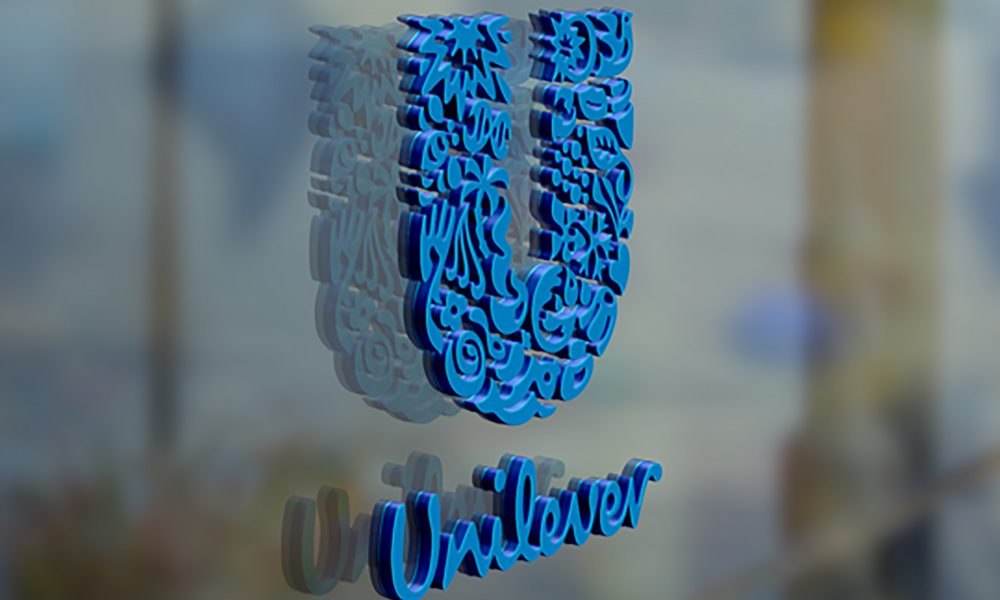
Unilever Stole This Product Idea from a Scientist, 13 Years Later Justice Has Been Served

Waging a legal war against a corporate giant is no easy feat but it is a battle worth fighting for, especially when there is grave injustice involved. Take a look at Professor Ian Shanks, who had fought long and hard for 13 years over a creation that is now widely used but was never credited to him. Finally, justice was served after the United Kingdom’s highest court ordered Unilever to pay him over $2.5 million.
From a Toy and Plastic Film
The 71-year-old invented the electrochemical capillary device in 1982, only using his daughter’s glass slide from a toy microscope, plastic film, and bulldog clips. At the time, the scientist was working under a subsidiary of Unilever and it was the newest LCD technology that prompted the development of the capillary device. Ian was particularly drawn to making something that could measure blood glucose levels, which would later become one of the most crucial inventions for diabetes patients.

Ian Shanks’ invention is now used with glucose monitoring tech
He took the invention to his boss, who then said that the company already owned it. Later, Unilever patented the device and started selling the technology to other brands in the 1990s. The technology found its way into many glucose testing devices widespread nowadays, which are mostly used by people with diabetes to monitor their glucose levels.
After more than a decade, the Supreme Court finally awarded the professor what was rightfully his. Ian first came out in 2006, accusing the giant company of making millions from his creation without giving him any credit or monetary compensation. However, he had previously lost the case and had to refile his complaint.
Right to a Fair Share
Thankfully, this time the court unanimously favored with Ian recently, explaining that the invention indeed had given Unilever outstanding benefits, ordering the company to justly compensate its creator.
Judge Lord Kitchin said that the giant company enjoyed significant rewards and tons of money from the creation that the inventor should be entitled to a fair share.
The judge further explained that Unilever received about $30 million from patents, while Ian wasn’t given a single penny. Despite agreeing that the rights to the creation were owned by the mammoth brand, the court said Ian deserves to get his reward.

Unilever was not happy with the decision
Unsurprisingly, Unilever was not happy with the decision. A spokesperson argued that they were disappointed because of the overturn of the past judgments and that the scientist was awarded a portion of the license revenue on top of his bonus, salary, and benefits when he was still an employee, working for the company’s R&D department.
Bumpy Road
The road to winning this battle was not without bumps. In 2007, Ian survived a heart attack and add to that the stress the legal fight was giving him. Despite the stumble, he persisted because he was driven to help other investors. Regarding his compensation, most of it would go to legal expenses, nevertheless, he was still happy that the bout is finally over.

The inventor suffered a heart attack a year after he applied for compensation
In his argument, the scientist said that Uniliver had violated the Patents Act that was introduced 30 years ago. Under this law, employees who created a product for their companies are entitled to a fair share as long as the company enjoyed an outstanding benefit from the invention.
More in Criminal Attorney
-
New York to Mail Out One-Time Inflation Rebates. Here’s the Eligibility List
New York is preparing to send out its first-ever inflation refund checks, providing financial relief to millions of residents as prices...
October 3, 2025 -
Here’s What Artists Should Know About Copyright & Its Implications
Copyright protects your art from the moment you create it. The second your drawing, painting, sculpture, or photo is fixed in...
September 27, 2025 -
Everything to Know About Vogue America’s New Editor, Chloe Malle
Chloe Malle just stepped into one of the most powerful roles in fashion media: Head of Editorial Content at Vogue America....
September 21, 2025 -
Did Barron Trump Apply to Harvard? Clearing Up the Rumors
Speculation often swirls around public figures, and in recent months Barron Trump’s college choices became part of the conversation. Questions surfaced...
September 20, 2025 -
Can You Be Naked in Texas?
The Texas public nudity law isn’t as simple as “no clothes, you are in trouble.” It all comes down to intent,...
September 13, 2025 -
Why AI Is Now a Necessity, Not a Choice, for Law Firms
Artificial intelligence is no longer a futuristic concept for the legal industry. It is steadily changing how law firms operate, not...
September 13, 2025 -
Waikiki Lifeguard Cleared in Confrontation With Notorious Criminal
On a hot day at Kuhio Beach, veteran lifeguard Christopher Kekaulike Kam stepped in when things got out of control. A...
August 13, 2025 -
Gawking at the Coldplay ‘Kiss Cam’ Affair Is Voyeurism at Its Worst!
Coldplay concerts are meant to be joyful. But during a recent show, a playful kiss cam bit turned into a public...
August 6, 2025 -
Essential Safety and Success Resources for Trans Journalists
Trans journalists go through tough spaces every day. In a field that often tests your limits, knowing where to turn for...
July 30, 2025














